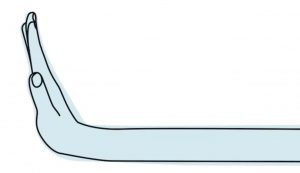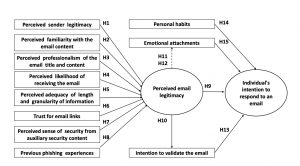Three new reports on behavioural science applied to policy making

European Commission
There is growing recognition that behavioural insights (BIs) – by shedding light on how people actually make choices – help deliver more effective policies and complement traditional forms of intervention. The Behavioural Insights Applied to Policy (BIAP) 2016 report (February 22, 2016) draws on information collected via desk research, a survey and personal exchanges, including interviews with policy-makers, academics and a range of other stakeholders from 32 countries (28 EU Member States and the 4 EFTA countries). Such information is used to provide a twofold overview of behavioural policy initiatives and institutional developments regarding the policy application of BIs. It also reviews institutional developments and puts forward a comparative framework (PRECIS) describing national teams applying BIs to policy-making.
-> Applications in European countries
United Kingdom
The Behavioural Insights Team (BIT) exists to achieve social impact by introducing a more realistic model of human behaviour to policy making. The Update 2015-16 report (September 15, 2016) summarises the range and impact of BIT’s work over the past 12 months. In addition to the projects we have undertaken with the UK government, the report provides summaries of work conducted by our offices in Sydney, New York, and Singapore.
United States
On September 15, 2015, President Obama issued Executive Order 13707, “Using Behavioral Science Insights to Better Serve the American People”/ The Order directs Federal Government agencies to apply behavioral science insights – research insights about how people make decisions and act on them – to the design of their policies and programs. The Order also charges the Social and Behavioral Sciences Team (SBST), a cross-agency group of applied behavioral scientists, program officials, and policymakers, with providing policy guidance and advice to Federal agencies in support of this directive. The Social and Behavioral Sciences Team 2016 Annual Report (September 15. 2016) highlights SBST’s progress implementing the President’s directive over the past year in eight key policy areas: promoting retirement security, advancing economic opportunity, improving college access and affordability, responding to climate change, supporting criminal-justice reform, assisting job seekers, helping families get health coverage and stay healthy, and improving the effectiveness and efficiency of Federal Government operations. This report builds on SBST’s 2015 report, which detailed over a dozen projects that helped more service members save for retirement, more students go to college and better manage their student loans, more veterans access education and career counseling benefits, and more family farmers gain access to credit.
Related:
– Australia: Behavioural Economics Team (BETA) of the Australian Government
– France: Le secrétariat général pour la modernisation de l’action publique (SGMAP)
– Germany: New unit in the Chancellor’s Office but little is public.
– Netherlands: Met kennis van gedrag beleid maken (published in 2014 by the “Wetenschappelijke Raad voor het Regeringsbeleid”)
– Column by Cass R. Sunstein (Bloomberg News, 20 Sept 2016)



